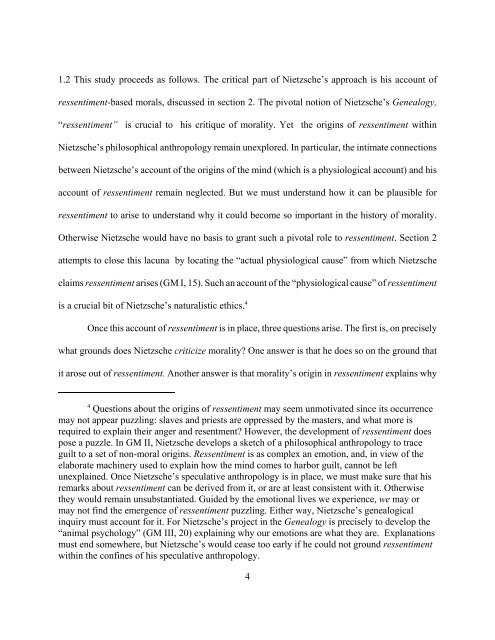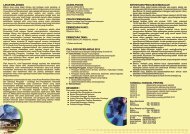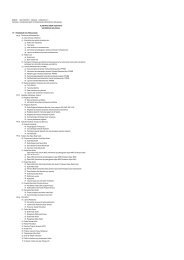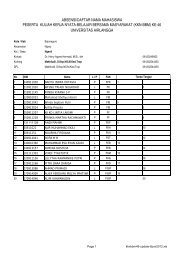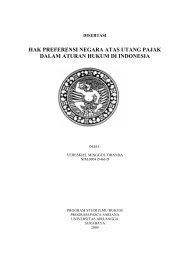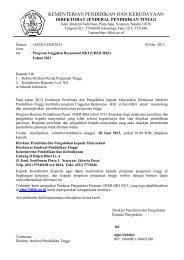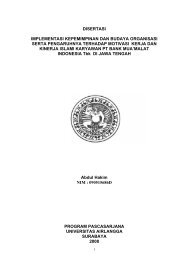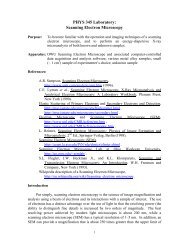Nietzsche's Naturalistic Ethics - UNAIR | E-Book Collection
Nietzsche's Naturalistic Ethics - UNAIR | E-Book Collection
Nietzsche's Naturalistic Ethics - UNAIR | E-Book Collection
You also want an ePaper? Increase the reach of your titles
YUMPU automatically turns print PDFs into web optimized ePapers that Google loves.
1.2 This study proceeds as follows. The critical part of Nietzsche’s approach is his account ofressentiment-based morals, discussed in section 2. The pivotal notion of Nietzsche’s Genealogy,“ressentiment” is crucial to his critique of morality. Yet the origins of ressentiment withinNietzsche’s philosophical anthropology remain unexplored. In particular, the intimate connectionsbetween Nietzsche’s account of the origins of the mind (which is a physiological account) and hisaccount of ressentiment remain neglected. But we must understand how it can be plausible forressentiment to arise to understand why it could become so important in the history of morality.Otherwise Nietzsche would have no basis to grant such a pivotal role to ressentiment. Section 2attempts to close this lacuna by locating the “actual physiological cause” from which Nietzscheclaims ressentiment arises (GM I, 15). Such an account of the “physiological cause” of ressentimentis a crucial bit of Nietzsche’s naturalistic ethics. 4Once this account of ressentiment is in place, three questions arise. The first is, on preciselywhat grounds does Nietzsche criticize morality? One answer is that he does so on the ground thatit arose out of ressentiment. Another answer is that morality’s origin in ressentiment explains why4 Questions about the origins of ressentiment may seem unmotivated since its occurrencemay not appear puzzling: slaves and priests are oppressed by the masters, and what more isrequired to explain their anger and resentment? However, the development of ressentiment doespose a puzzle. In GM II, Nietzsche develops a sketch of a philosophical anthropology to traceguilt to a set of non-moral origins. Ressentiment is as complex an emotion, and, in view of theelaborate machinery used to explain how the mind comes to harbor guilt, cannot be leftunexplained. Once Nietzsche’s speculative anthropology is in place, we must make sure that hisremarks about ressentiment can be derived from it, or are at least consistent with it. Otherwisethey would remain unsubstantiated. Guided by the emotional lives we experience, we may ormay not find the emergence of ressentiment puzzling. Either way, Nietzsche’s genealogicalinquiry must account for it. For Nietzsche’s project in the Genealogy is precisely to develop the“animal psychology” (GM III, 20) explaining why our emotions are what they are. Explanationsmust end somewhere, but Nietzsche’s would cease too early if he could not ground ressentimentwithin the confines of his speculative anthropology.4


